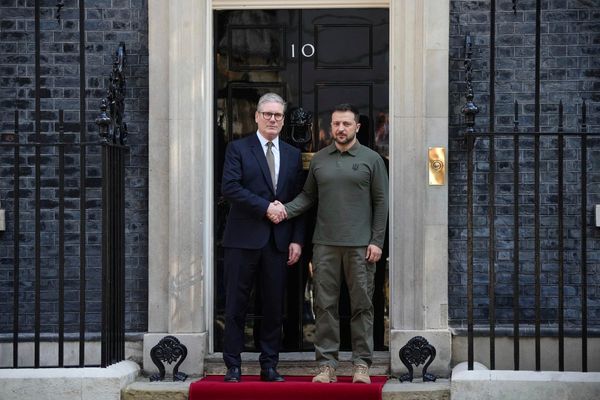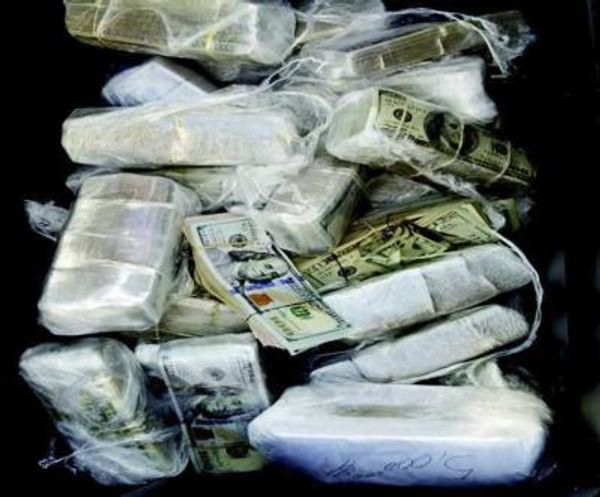
More than 100,000 citizens of Kenya have petitioned the British royal family for an apology and reparations following “brutal” atrocities committed during the colonial period.
The Kipsigis and Talai peoples were forced off their land in Kericho county by the British army between 1895 and 1963 to clear the path for white settlers to establish profitable tea plantations. Their descendants have been fighting for these wrongs to be addressed ever since.
In 2021, six United Nations special rapporteurs wrote to the British government expressing concern over its failure to provide “effective remedies and reparations” to these groups.
Now, in a letter seen by The Independent, clan members have urged Prince William to support their efforts to secure reparatory justice, while the Foreign Office continues to decline meetings with them.
Noting that Kenya is “clearly a special place” for Prince William – who proposed to the Duchess of Cambridge there – and for the wider royal family, the letter says: “You proposed to your wife there and when your grandmother became Queen, she was visiting Kenya – which at the time was one of the colonies.
“It is most telling however that at the same time in Kericho county, only a few hundred kilometres from where the Queen was staying, our families and ancestors were being violently pushed off the land we had always lived on.
“The pain of our colonial past has been inherited in many forms and is exacerbated by the ongoing economic hardships of losing such precious land to profit-hungry corporations. But this is also your colonial past and, where we inherited the pain, you inherited the profit,” it continues. “Despite our immense suffering under British rule, the British government has refused to acknowledge this fact or meet any of us, let alone apologise. Which is why we are now appealing to you.”
The letter was sent to Prince William by the legal representatives of the Kenyan victims on Wednesday, while the group was in London meeting with MPs and civil society.
However, the government has refused to engage with them, they say. The Foreign Office denied their request for a meeting this week, giving no details of further opportunities to resolve the matter.
The fertile land was handed over to private companies to create tea plantations that are still in existence today, the letter explains.
The displaced Kenyans were never compensated for the land stolen from them in the immediate period of eviction, and were subsequently forced into destitution. Once the country achieved independence from Britain in 1964, the survivors were continuously denied access along with the right to return to their ancestral land.
In 2019, a legal team supporting the group, led by Rodney Dixon QC and Joel Kimutai Bosek, submitted a complaint to the UN special rapporteur on truth, justice, reparation, and guarantees of non-recurrence, asking for an investigation and a report into the allegations that the victims had made of severe human rights abuses at the hands of British settlers.
Following a three-day hearing with the victims, the UN found in the victims’ favour, concluding that the government had failed to adopt measures to establish the facts and know the truth about the circumstances surrounding these violations. There has been no fruitful engagement with ministers since then.
“We do not want this to become a bitter dispute – we just want the wrongs committed against us to be recognised. An apology and a discussion about reparations would be the start to achieve justice,” the victims wrote to William, the future British king.
“As you prepare to celebrate your grandmother’s platinum jubilee, our own elderly family members remember the pain of having their homes and land taken away from them at the same time. We have very little to celebrate. We are asking that you therefore do the right thing, and support our quest for justice by making a public statement of recognition of what we suffered, as well as an apology and an arrangement for appropriate reparations.
“It will be in all of our best interests to move forward in this way to a worthy and prosperous future together.”
This comes after visiting royals – Prince William and Prince Edward – faced calls for slavery reparations during their platinum jubilee tours of Caribbean countries, where several former colonies of Britain signalled an intent to remove the British monarch as their head of state.
These countries include Jamaica, Belize, Antigua & Barbuda and Saint Kitts & Nevis.
An Foreign, Commonwealth and Development Office spokesperson said:"In 2013, the UK government recognised that Kenyans were subject to ill treatment at the hands of the colonial administration. We regret that these historic abuses took place, and that they marred Kenya’s progress towards independence.
“Promoting and protecting human rights around the world remains a cornerstone of our foreign policy."
Kensington Palace has been approached for comment.







